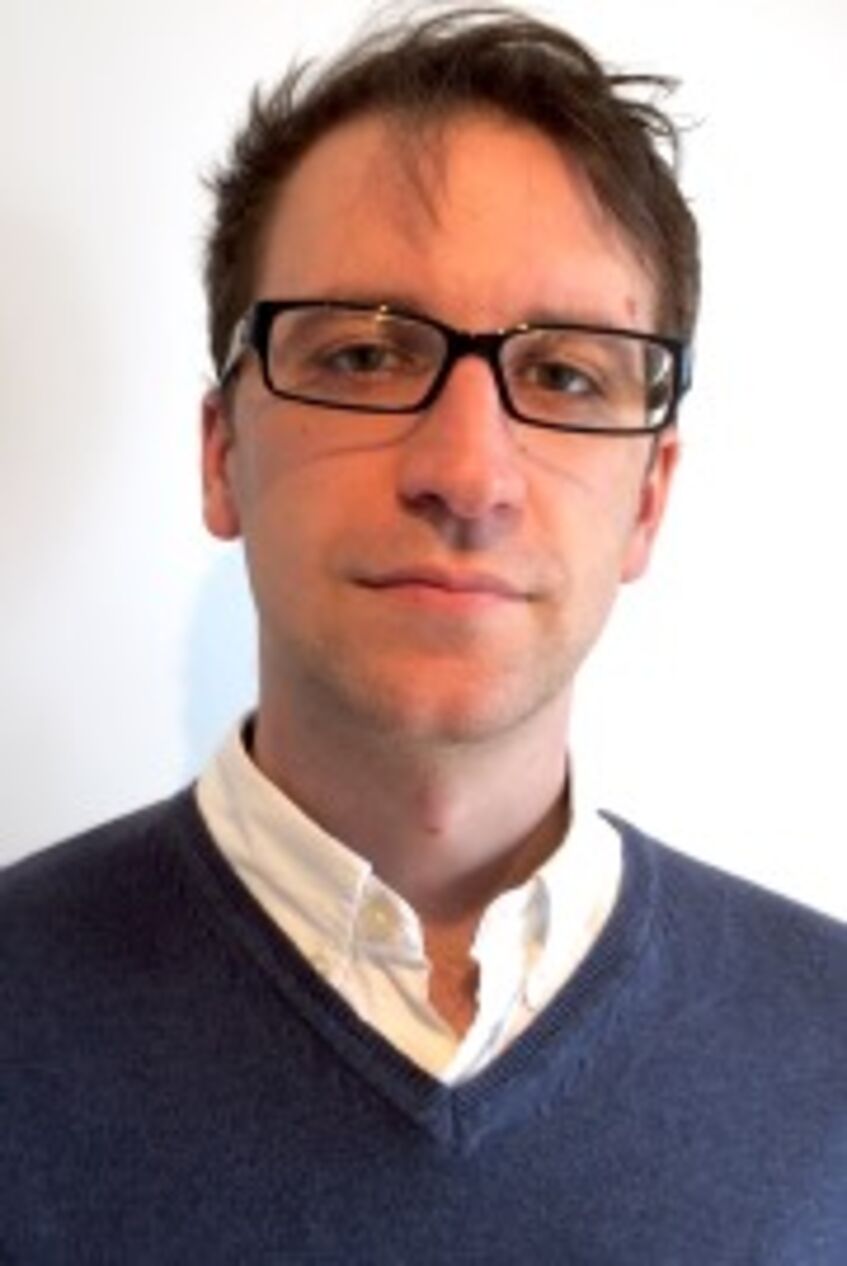
© Thomas Walach
Univ.-Ass. Dr. Thomas Walach, B.A., M.A.
University Assistent at the Department of History, University of Vienna
Thomas Walach's teaching and research focus on Digitization and the theory of history. He is co-editor of the series "Geschichte des digitalen Zeitalters" (Springer VS). Recent publications include "Geschichte des virtuellen Denkens" (Wiesbaden 2017), "Geschichtstheorie" (with Martin Tschiggerl and Stefan Zahlmann, Wiesbaden 2018) and "Das Unbewusste und die Geschichtsarbeit. Von der Krise des Historismus zur Krise der Demokratie" (Wiesbaden 2018).
Abstract
Society Without History. From Post-Historicism to Post-Democracy
With the decline of Historicism came the demise of historical scholarship which since then seems to be in permanent crisis. While the rise of “post-modern” Humanities was essential in the overcoming of the naïve positivism and nationalism that were defining aspects of historicist scholarship, it also put an end to History’s self-confident notion of its ability to produce representations of the past “like it actually was”. History as an academic discipline has subsequently lost much of its former credibility.
The new, more self-reflecting and cautious History struggles with what has always been a key function of History: collective historical identity. Since historians are no longer able to assume “truths” about the past in good conscience, the public has begun to look elsewhere. Often, it finds reassurance where populist groups have established politics of history as politics of identity – regardless of what scholarship might have to say about the facts involved. Thus, the historical consensus on which Europe’s liberal democracies are built, is becoming brittle.
In order to regain some of the authority over historical discourse that has been lost, historical scholarship needs to accept the fact that the public use of history is based on unconscious desires (for identity, for the emotional avoidance of guilt and shame, etc.) rather than rational observations. History after Historicism must understand and embrace these desires while helping the public to voice them in a way that is consistent with what scholarship considers to be established facts.
Programme: Panel 2, Wednesday, 5 September 2018, 14:30-16:00